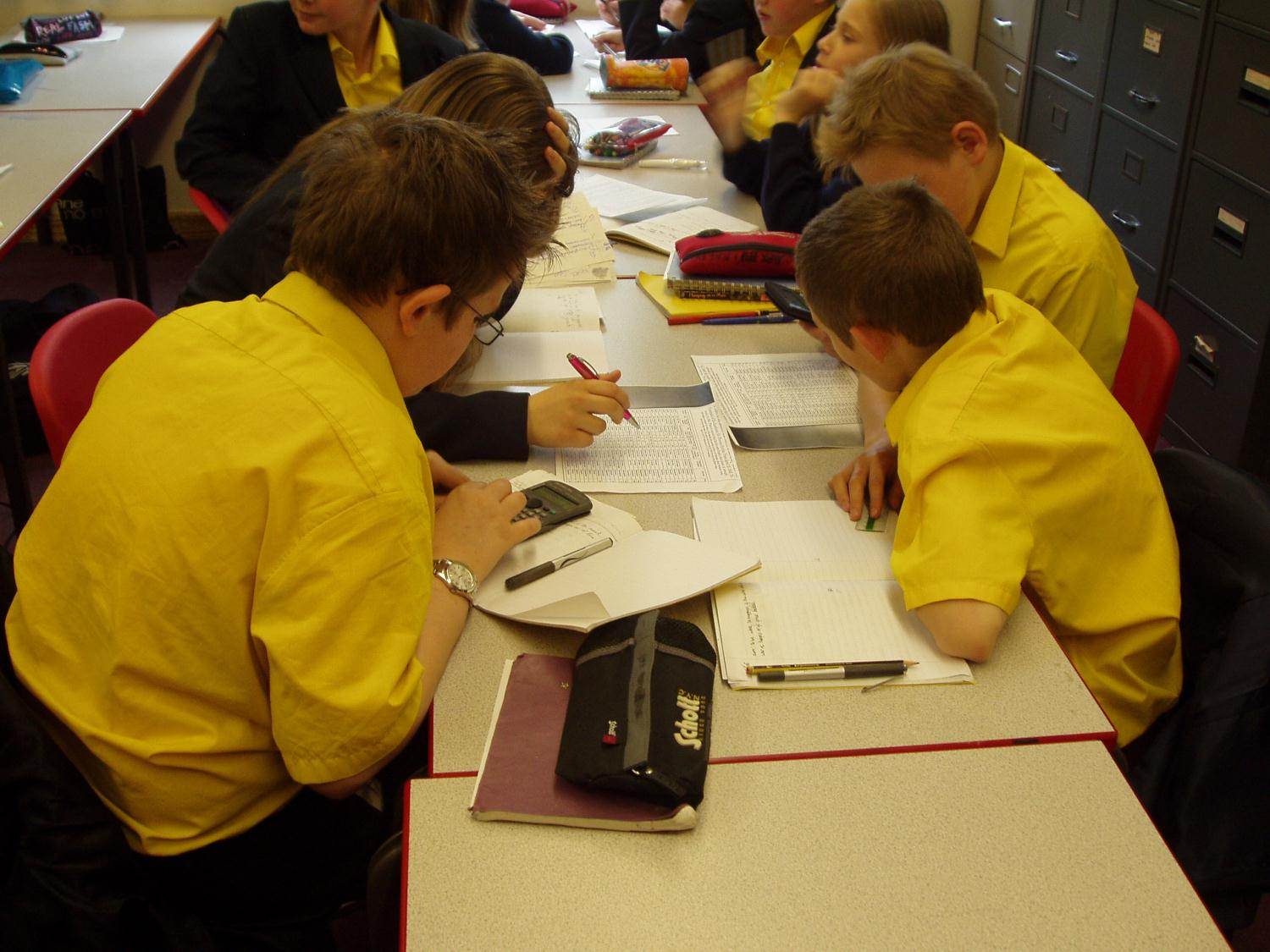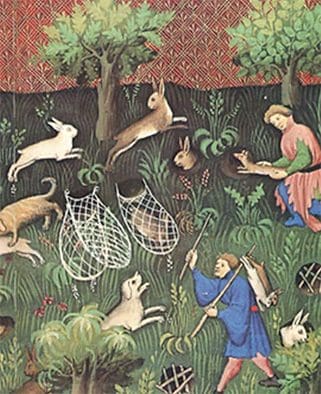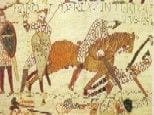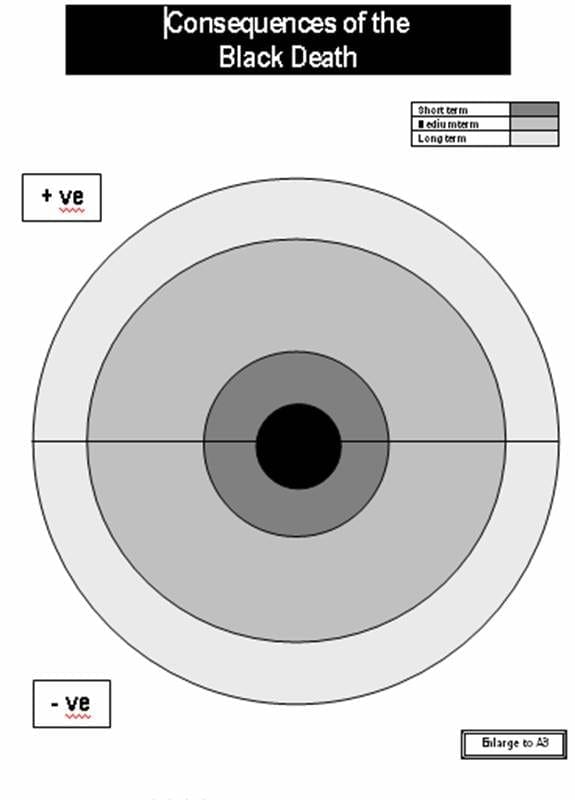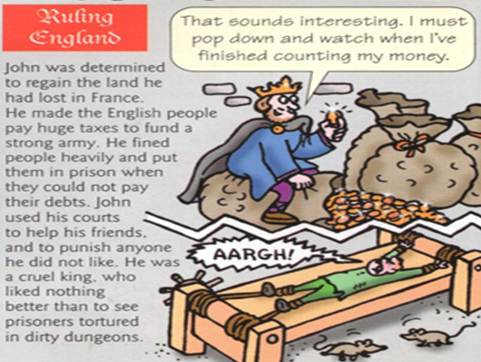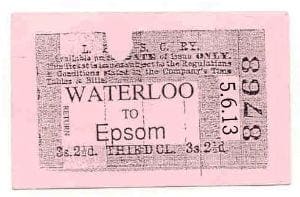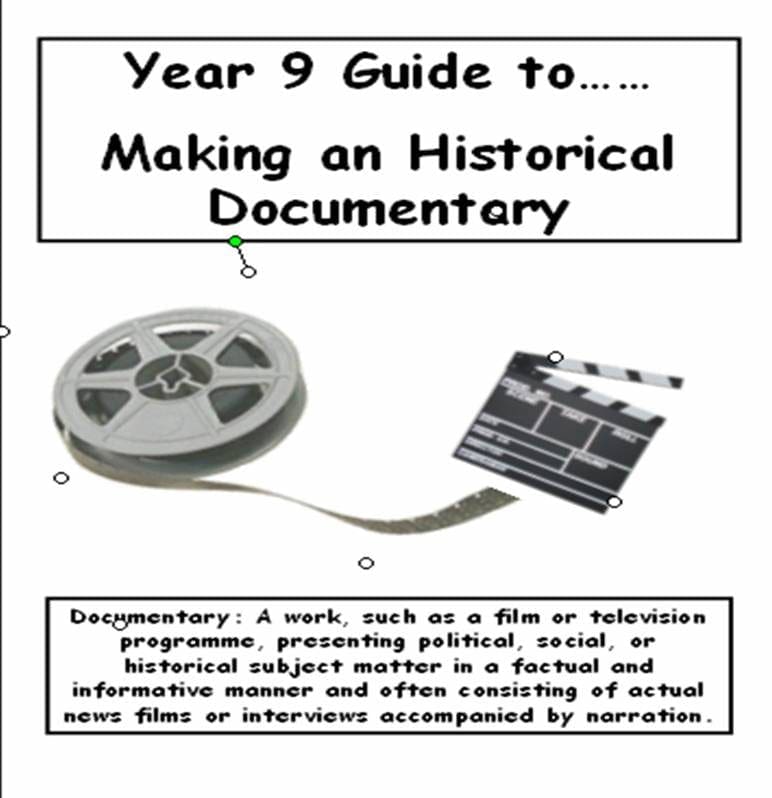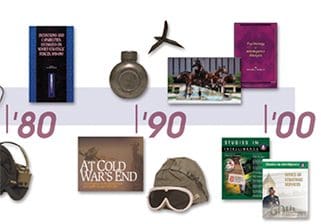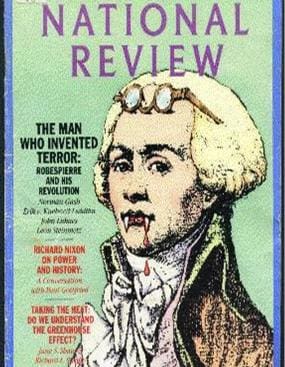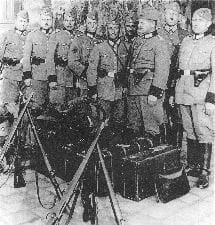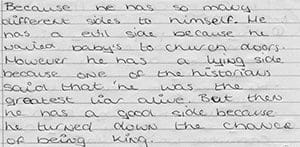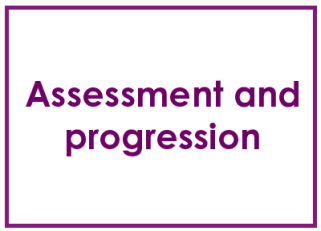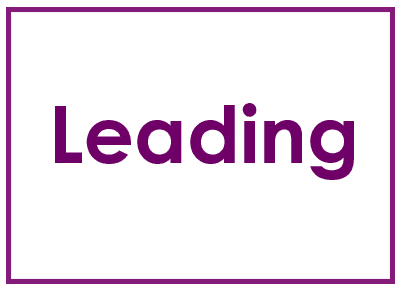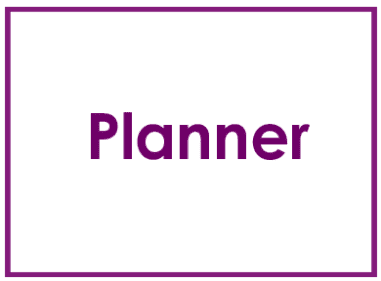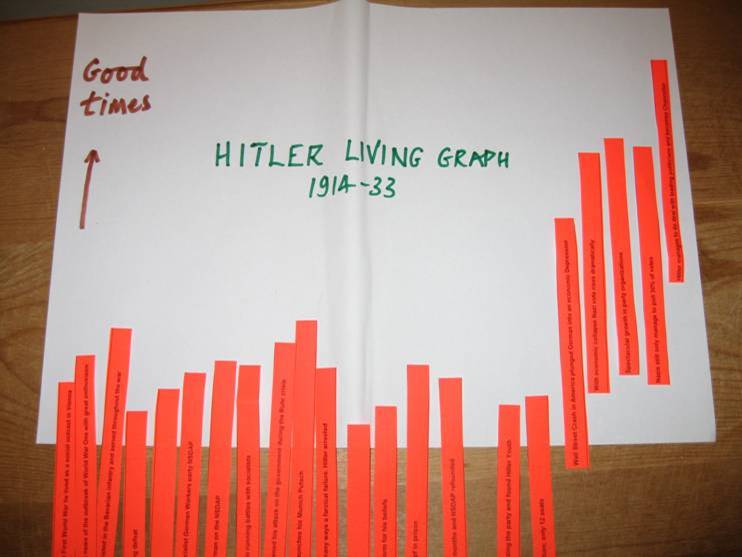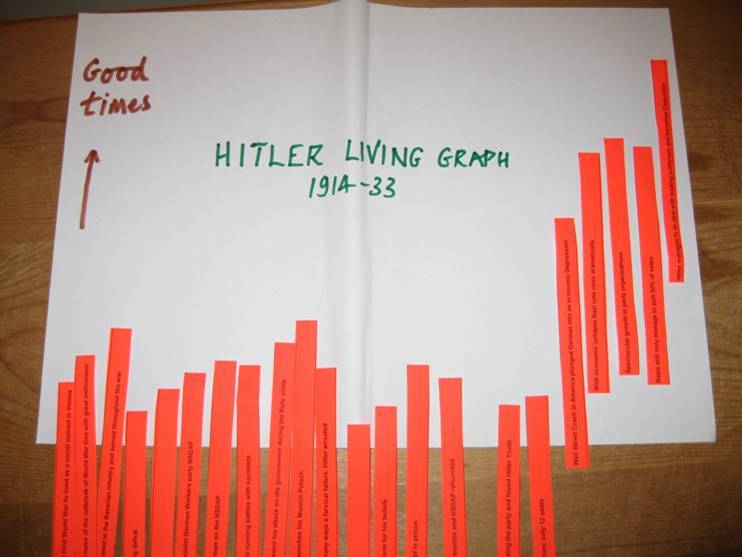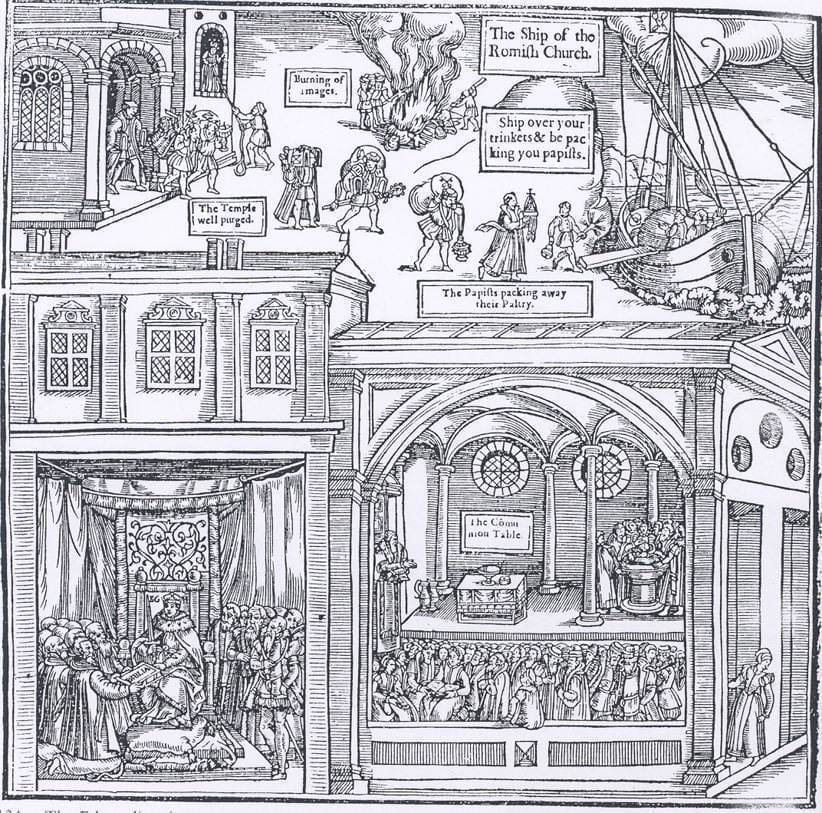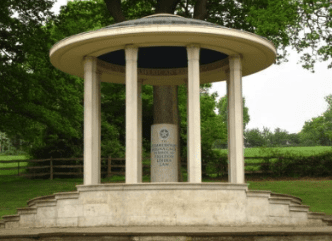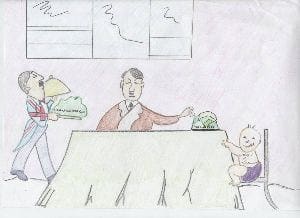Key stage 3 History teaching
Did the Great Fire really end the Great Plague of 1665?
In this one-lesson enquiry pupils look carefully at statistics and maps in order to challenge received opinion. To do so…
Read MoreEnglish Civil War enquiry: was the last year of the war more about sieges than pitched battles?
This enquiry lesson asks students to use a dataset about the last year’s fighting in the English Civil War to…
Read MoreWhy did Peasant unrest boil over into revolt in 1381?
Reasons for the Peasants’ Revolt This lesson uses the analogy of raising the political temperature, and then boiling over, to…
Read MoreDid Harold really die with an arrow in his eye? – a reconstruction relay
In this activity pupils reconstruct the death scene from the Bayeux tapestry by means of a short, fun, reconstruction relay…
Read MorePeasant’s Revolt: If life for many medieval peasants improved after the Black Death why did they risk joining the Peasants revolt in 1381?
This is a thinking skills activity, a variant of a history mystery, in which pupils construct their own explanation of…
Read MoreWas the Black Death a disaster for everyone?
This lesson is about the consequences of the Black Death. After an initial stimulus image, pupils are presented with a…
Read MoreIf Henry and Becket were such good friends why did Henry have him killed less than 10 years later?
This very active thinking skills lesson comprises three separate episodes. Firstly having listened to a brief teacher-told narrative, pupils have…
Read MoreDaggers, money bags, clay pipes, scrolls, and torn up maps of France: putting King John on trial using a range of exhibits
Carrying out a trial of a controversial character is far from new. We have all tried it at some time. …
Read MorePersonalised learning in history at KS 3
This is certainly one of the key areas to be focusing on in the next few years and lies at…
Read MoreGender issues in history at Key Stage 3
For all the research that has taken place recently to try to close the gender gap it is probably safe…
Read MoreGifted and talented in history at Key Stage 3
Provision for gifted and talented pupils has never been more in the spotlight than now. For all the work that…
Read MoreMotivating pupils in history at Key Stage 3
Much work has recently been done on engaging pupils in the early years of Key Stage 3, largely because of…
Read MoreHistory for pupils with English as an Additional Language at Key Stage 3
Much of this article draws on the KS3 National Strategy document Access and Engagement in history: Teaching pupils for whom…
Read MoreS.E.N. in history at Key Stage 3
We would all agree that history is a subject which is both accessible and has relevance to all pupils, including…
Read MoreUsing artefacts in your history teaching at Key Stage 3
In my experience pupils have less and less contact with historical artefacts as they move through the educational system. Whilst…
Read MoreTeaching using ICT and film at Key Stage 3
You won’t be surprised to see ICT and film in the same section, but the breakthroughs in editing digitised film…
Read MoreTeaching chronology at Key Stage 3
Much neglected for many years, the teaching of chronology is now back centre-stage. Already, leading thinkers such as Ian…
Read MoreTeaching interpretations at Key Stage 3. Neglected and misunderstood
It came as no surprise to read in OFSTED’s report ‘History in the Balance’ that the ‘key element’ of interpretations…
Read MoreTeaching Enquiry at Key Stage 3
Pupils should learn how to identify and investigate, individually and as part of a team, specific historical questions or issues,…
Read MoreFit for purpose teaching strategies in history at KS3
Having bright ideas for what might make a fun and interesting approach is one thing. Knowing when it is most…
Read MoreWhat to look for in excellent history lessons: Your starter for 12
It has been a while since OFSTED published any revised criteria. With the departure of chief history HMI Mike Maddison…
Read MoreThe teaching process in history at KS3
With so much emphasis placed on the three-part lesson, due largely to the National Strategy, it is tempting to follow…
Read MoreProgression in history at Key Stage 3
Most of you will have a fairly clear idea of what it means to ‘get better’ at history, and will…
Read MoreAPP in history at KS3: where are we now?
This page has been left on the site even though the debate has moved on. Please treat it as being…
Read MorePupil Target setting in history at Key Stage 3
I still find this aspect of assessment troublesome. The curricular targets present few problems: the numerical ones certainly do. I…
Read MoreJudging pupils’ history work at KS3
Yes, it IS true. No more levels. Honest. What a weight off our minds. But be careful what you wish…
Read MoreAssessment tasks in Key Stage 3 history
The answer to key Stage 3 assessment in history This title is obviously tongue-in-cheek. Schools and departments must find their…
Read MoreKey Stage 3 teacher assessment: the 10 key principles
Most history departments were delighted to see the back of the crude and spurious NC levels. Instead of making as…
Read MorePrioritising at Key Stage 3
Most of you will have already carried out some form of self-evaluation and will have a shrewd idea as to…
Read MoreDeveloping your staff at key stage 3
The philosophy this site holds regarding teachers’ continuing professional development is summed up very neatly by the Assessment for Learning…
Read MoreMonitoring in history at Key Stage 3
This is a very significant section of the site as it embraces so much of a subject leader’s role. As…
Read MoreRaising attainment in history at Key Stage 3
In many ways it is harder to raise attainment at KS3 than at KS4 and not just because of non-specialist teaching…
Read MoreSelf evaluation in history at Key Stage 3
Ofsted does not require self-evaluation to be graded or provided in a specific format. Any assessment that is provided should…
Read MorePolicy and vision in history at Key Stage 3
Everything you do as subject leader sends off messages about your passion for the subject and desire to ensure that…
Read MoreLong-term planning in history at Key Stage 3
Long-term planning must be much more than listing the topics to be covered. It must identify the main depth studies…
Read MoreMedium term planning in history at Key Stage 3
It is rare now to find history departments who do not use key questions to plan their history work/enquiries. The…
Read MoreShort-term planning in history at Key Stage 3
My view about short-term planning at Key Stage 3 is simple; keep it short. If you are following a detailed…
Read MoreCreativity in History at Key Stage 3
You will find examples of creativity in most of the Outstanding Lessons on the site. Often these are the product…
Read MoreThinking Skills in history at Key Stage 3
Although many aspects of the Key Stage 3 strategy have not necessarily placed the emphasis where I would have liked…
Read MoreICT in the KS3 history curriculum
It has always difficult to keep this section of the site totally up-to-date. This is not only because of the…
Read MoreHistory and citizenship at Key Stage 3
So you have dutifully filled in all the boxes. You’ve done the audit. You have seen off the Citizenship coordinator…
Read MoreWhat is history?
This is such an enormous topic and would fill the complete site. All I want to do is to offer…
Read MoreStarter activity on religious changes in the reign of Edward VI. SMART TASK KS3
A quick small group starter task in which pupils collaborate to show what meaning they can make from an image…
Read MoreHow significant was Magna Carta? SMART TASK KS3
Pupils have been commissioned to produce two brief podcasts for the British Library website aimed at a teenage audience. The…
Read MoreLearning at Key Stage 3
This section of the site has been designed to bring greater variety to learning and to work towards making pupils…
Read MoreIndependence History at KS3 and GCSE
Independent Enquirers Learners can develop as independent enquirers when they are provided with opportunities in history to: explore for themselves…
Read MoreView of learners in history at Key Stage 3
With the increasing emphasis now being placed on the ‘pupil voice’, it is important that we make use of feedback…
Read MoreRoles for Learners: KS3
In addition to thinking of imaginative and motivating activities for our lessons, it is often helpful to think about the…
Read More20 Imaginative products in history at Key Stage 3
This section is included to jog your memory about the range of outcomes that might be expected and to promote…
Read MoreThe learning process at Key Stage 3
Far from being ‘just theory’, understanding how children learn in history underpins all the decisions we make in our classrooms. …
Read More
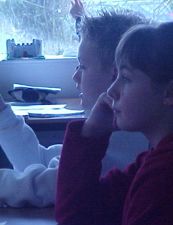 Welcome to the section for teaching history at KS3. This offers a full and comprehensive source of good advice that should be seen as a form of ‘virtual adviser’. The issues I focus on mainly are those that preoccupy history teachers in 2020. High on the agenda is the need to sort out a clear rationale for our KS3 history curriculum . Plenty of advice, and examples of what other schools are doing, are given to set you thinking.
Welcome to the section for teaching history at KS3. This offers a full and comprehensive source of good advice that should be seen as a form of ‘virtual adviser’. The issues I focus on mainly are those that preoccupy history teachers in 2020. High on the agenda is the need to sort out a clear rationale for our KS3 history curriculum . Plenty of advice, and examples of what other schools are doing, are given to set you thinking.
